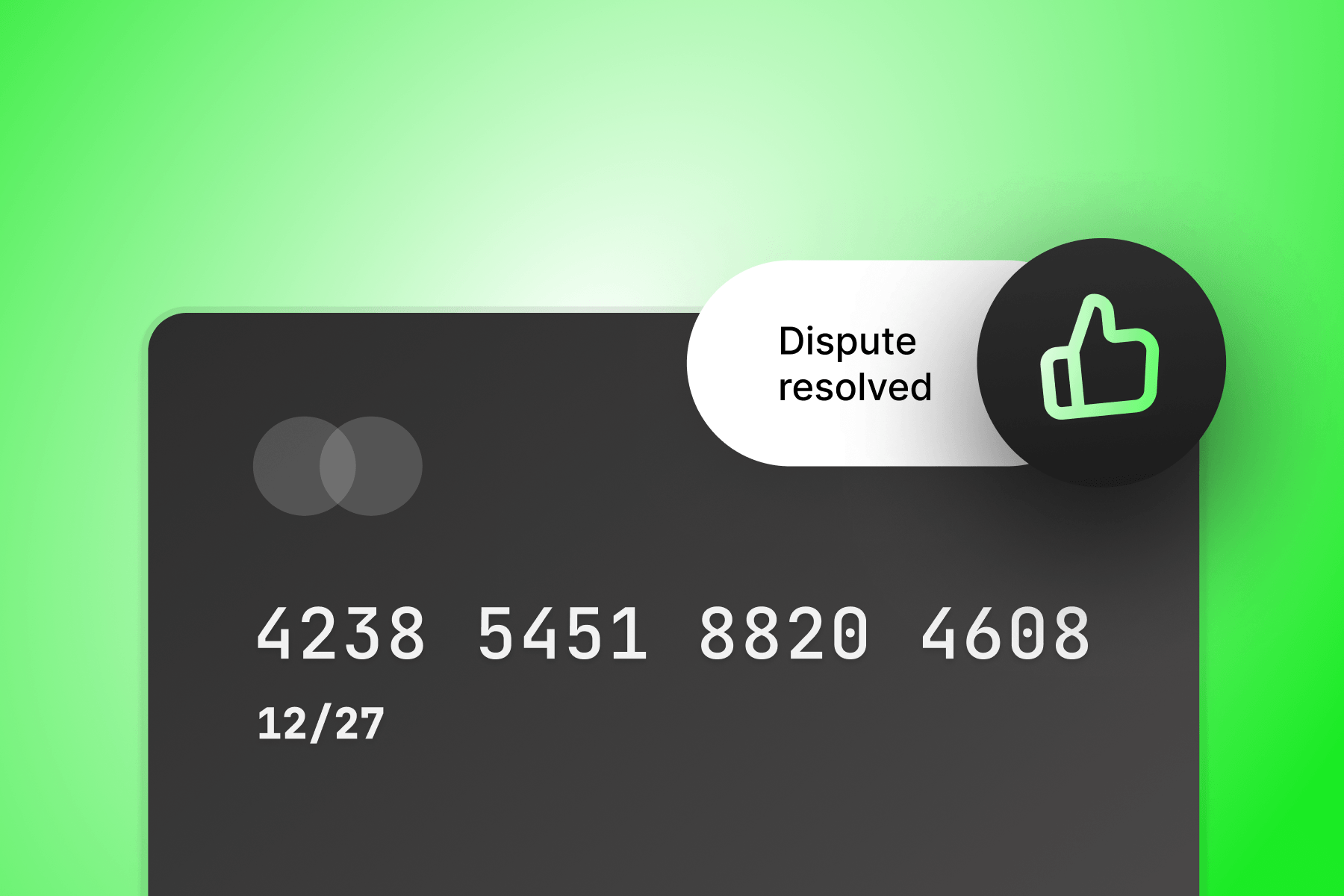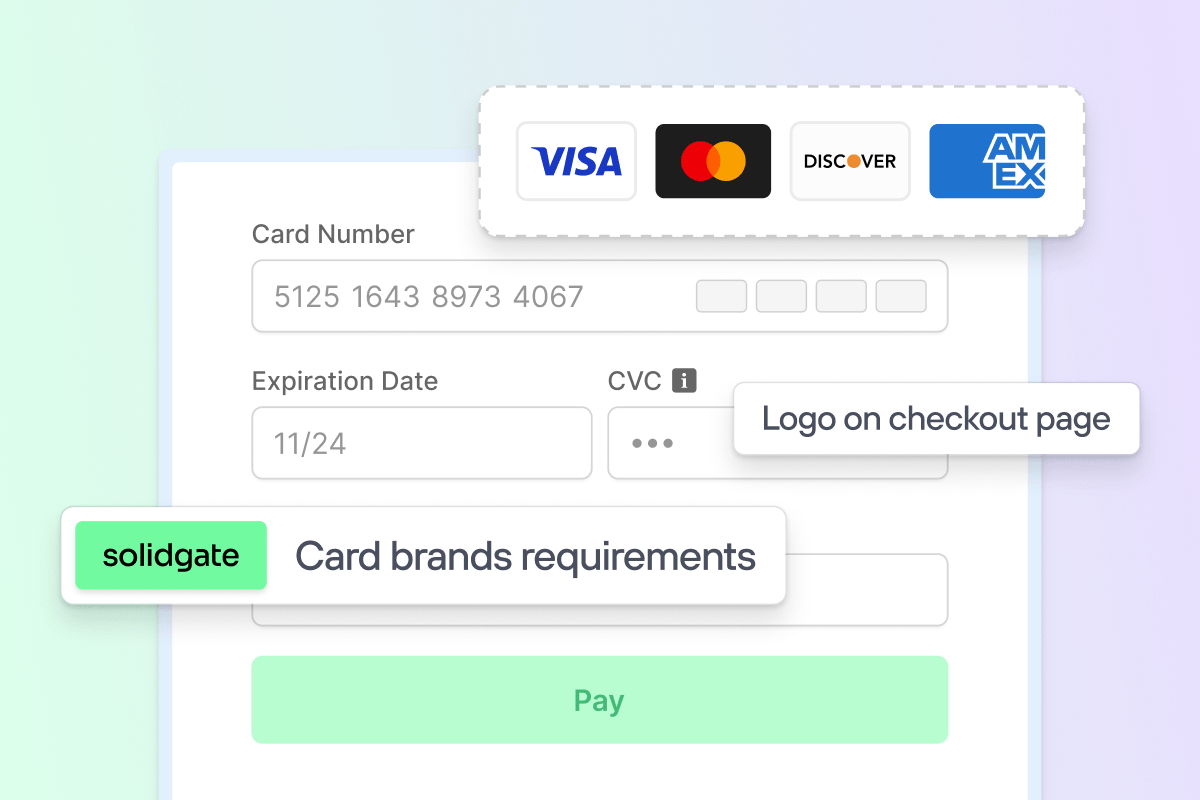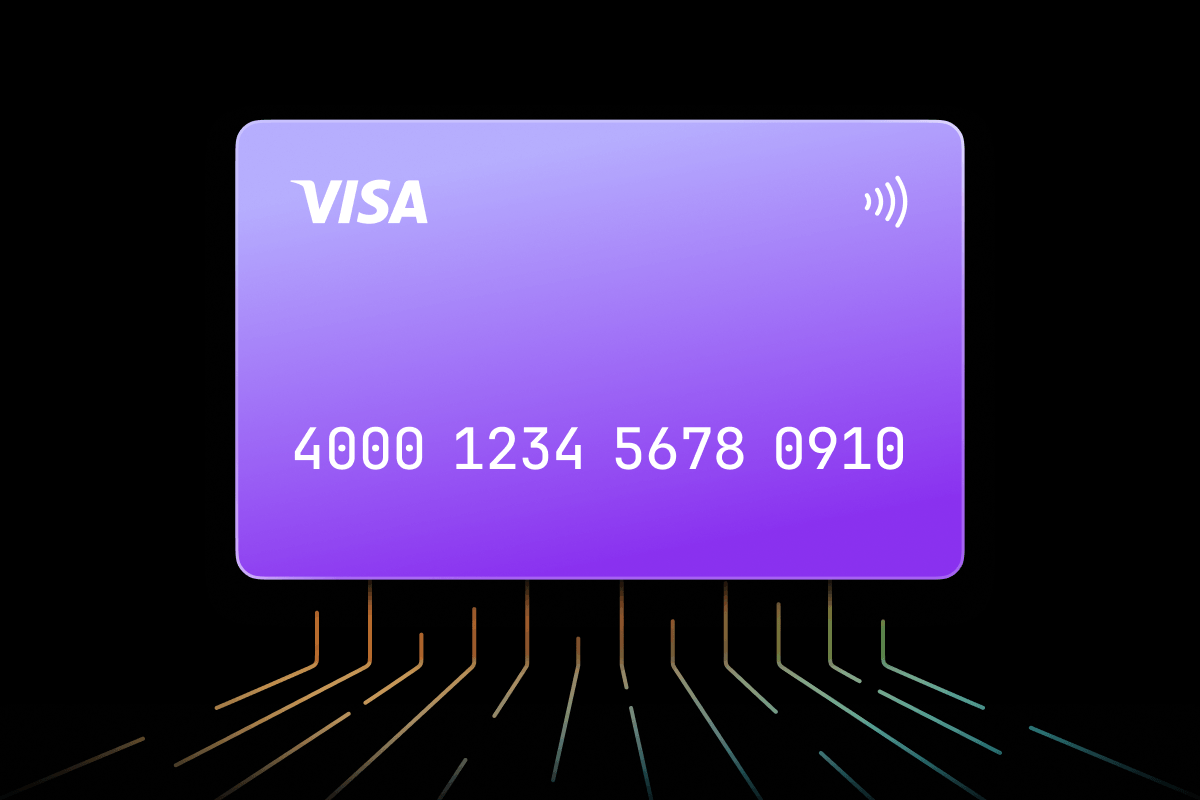CVV
Card Verification Value (CVV) is a security feature on credit and debit cards, consisting of a three- or four-digit code that businesses use to authenticate a card along with the credit card number and expiration date when a purchase is made. Also known as CVV2, Card Identification Number (CID), Card Verification Code (CVC), or Card Security Code (CSC), the CVV is typically located on the back of the card for Visa, Mastercard, and Discover, and on the front for American Express. Some financial institutions have dynamic CVV codes that replace the static number with one that changes periodically and can be accessed through an app rather than via a physical card, but those are not yet common.
The CVV serves as an additional layer of authentication during transactions, such as . Its purpose is to verify that the person initiating the transaction possesses the physical card, as the CVV is not encoded in the magnetic stripe or the chip. CVV codes prove a card’s validity and make it more difficult for fraudulent actors and hackers to use stolen credit card numbers, protecting both and businesses.
Merchants and use CVV information to enhance transaction security, reducing the risk of fraudulent activities. Cardholders should protect their CVV and refrain from sharing it to maintain the integrity of their card transactions.


